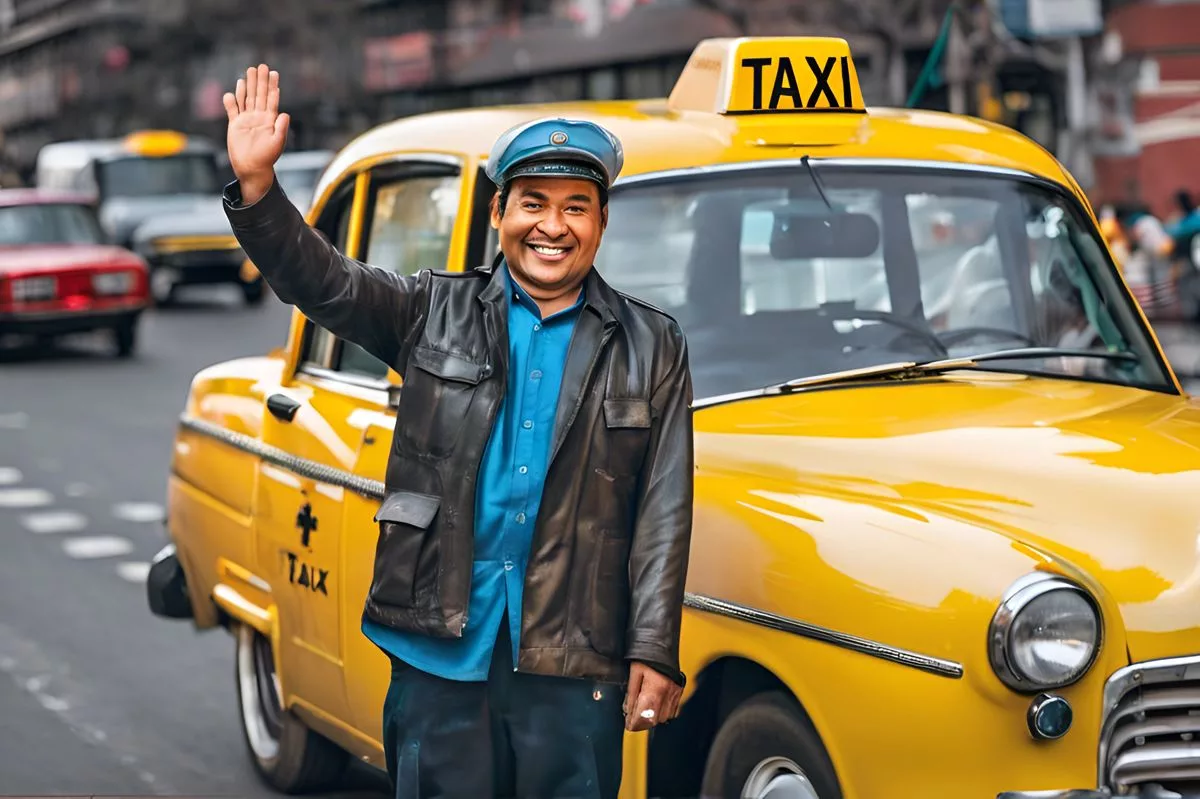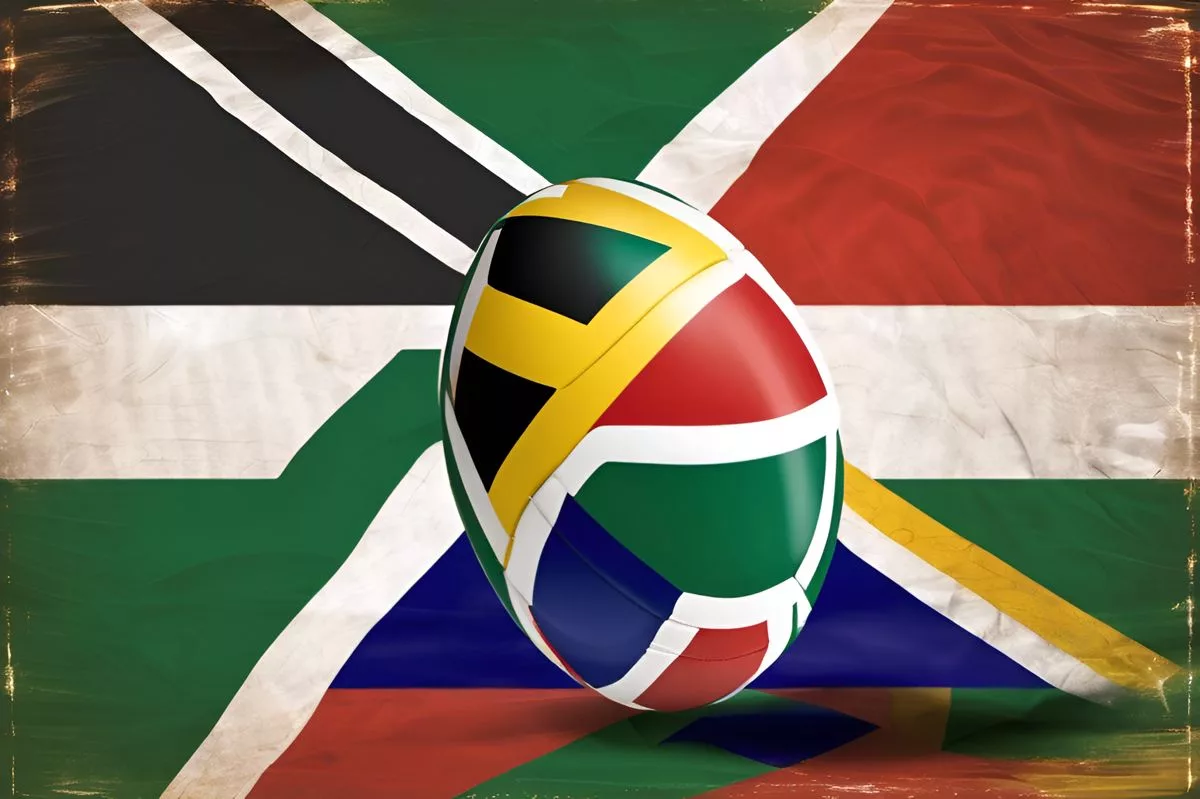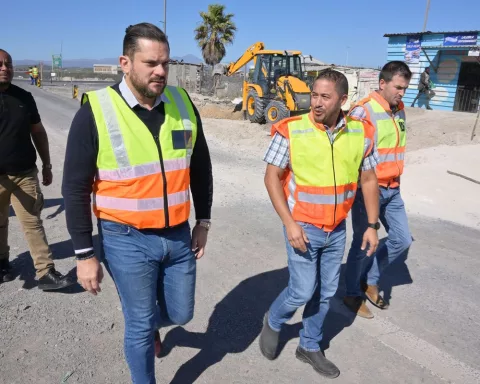The revival of the National Taxi Relief Fund is a government program that provides financial support to taxi operators in South Africa who meet certain criteria. The program aims to improve infrastructure and empower taxi operators, and is implemented by the National Empowerment Fund. The government has been working closely with the taxi industry to improve public transportation and address issues such as poverty and unemployment. This includes investments in rail and road infrastructure, as well as sustainable empowerment projects under the Revised Taxi Recapitalisation Programme. The revival of the National Taxi Relief Fund is a significant step towards building a more inclusive and efficient public transport system in South Africa.
What is the National Taxi Relief Fund?
The National Taxi Relief Fund is a government initiative aimed at providing financial assistance to taxi operators who are South African citizens or permanent residents with valid operating licenses and registered for income tax. The fund is intended to help address issues in the taxi industry, including improving infrastructure and bolstering sustainable empowerment projects. The Department of Transport has designated the National Empowerment Fund as the implementing agency for the fund.
The Government-Taxi Industry Partnership
The revitalization of this scheme is a testament to the cooperative partnership between the government and the taxi industry. This alliance has been pivotal over the past three decades in ensuring that South Africans can fulfill their everyday needs. Reflecting on the history, the crucial role of public transport in enabling human rights, especially in remote and rural regions, is evident.
In the past, the taxi industry has risen to fill the vacuum created by the apartheid state’s divestment in passenger rail infrastructure and bus transportation. The industry’s importance was further emphasized during the Covid-19 pandemic, serving as a crucial transport medium for essential workers. Despite facing numerous trials, the industry demonstrated its resilience. Its role in South Africa’s socio-economic development is irrefutable.
Acknowledging the industry’s contribution, the government has made substantial progress in fortifying its relationship with the industry. This involves acknowledging the industry’s role in combating poverty, unemployment, and inequality. A significant part of this approach has been to rebuild, construct, and maintain transport infrastructure and transform the procurement environment.
Infrastructural Investments and Initiatives
In the last five years, the government has poured significant resources into rail infrastructure, reducing transport costs and constructing new road networks. Additionally, measures are being taken to decrease truck traffic on roads and enhance rail cargo transportation, ensuing safer public transport operations.
With respect to improving road quality, the government launched Operation Vala Zonke in 2022, a program focused on repairing potholes. The Cross Easy program was also introduced to streamline border crossings, thus reducing long queues at road ports of entry and making crossings safer for passenger and freight transport operators.
The Role of the Taxi Relief Fund
The Taxi Relief Fund has played a central role in addressing these issues. To be eligible for the fund, operators need to be South African citizens or permanent residents with valid operating licenses, and registered for income tax. The Department of Transport has designated the National Empowerment Fund as the fund’s implementing agency, enabling operators to receive increased amounts per license.
Beyond the Taxi Relief Fund, the Department of Transport has deployed a strategy to bolster the industry via sustainable empowerment projects under the purview of the Revised Taxi Recapitalisation Programme (RTRP). The RTRP was first launched in March 2019 with the intention of scrapping old taxi vehicles and creating economic empowerment opportunities across the taxi industry’s value chain.
In line with this, the Department is also developing a National Public Transport Subsidy Policy to steer the subsidization of public transport in the country. The draft policy underscores issues such as the comparatively small funding public transport receives relative to its economic role, and the need for increased public transport funding.
In essence, the revival of the National Taxi Relief Fund symbolizes a significant stride towards resolving the difficulties faced by the taxi industry. It’s a testament to the government’s dedication to backing this vital economic sector. The Department of Transport’s efforts to boost funding, enhance infrastructure, and launch sustainable empowerment projects underscore their commitment to establishing a more inclusive and efficient public transport system.
What is the National Empowerment Fund?
The National Empowerment Fund is the implementing agency for the National Taxi Relief Fund. It is a government agency that aims to promote economic transformation and empowerment of previously disadvantaged individuals in South Africa.
Who is eligible for the National Taxi Relief Fund?
To be eligible for the National Taxi Relief Fund, operators must be South African citizens or permanent residents with valid operating licenses and registered for income tax.
What is the Revised Taxi Recapitalisation Programme?
The Revised Taxi Recapitalisation Programme is a government initiative aimed at scrapping old taxi vehicles and creating economic empowerment opportunities across the taxi industry’s value chain. It is part of the Department of Transport’s effort to bolster the industry via sustainable empowerment projects.
What is the National Public Transport Subsidy Policy?
The National Public Transport Subsidy Policy is a draft policy being developed by the Department of Transport to steer the subsidization of public transport in the country. It aims to address issues such as the comparatively small funding public transport receives relative to its economic role and the need for increased public transport funding.
How has the government improved infrastructure in South Africa?
In the last five years, the government has poured significant resources into rail infrastructure, reducing transport costs, constructing new road networks, and decreasing truck traffic on roads. Initiatives like Operation Vala Zonke and Cross Easy have also been launched to repair potholes and streamline border crossings, respectively.
What is the government’s relationship with the taxi industry?
The government has acknowledged the taxi industry’s role in combating poverty, unemployment, and inequality. The government and the taxi industry have worked cooperatively to improve public transportation and address issues such as poverty and unemployment.









